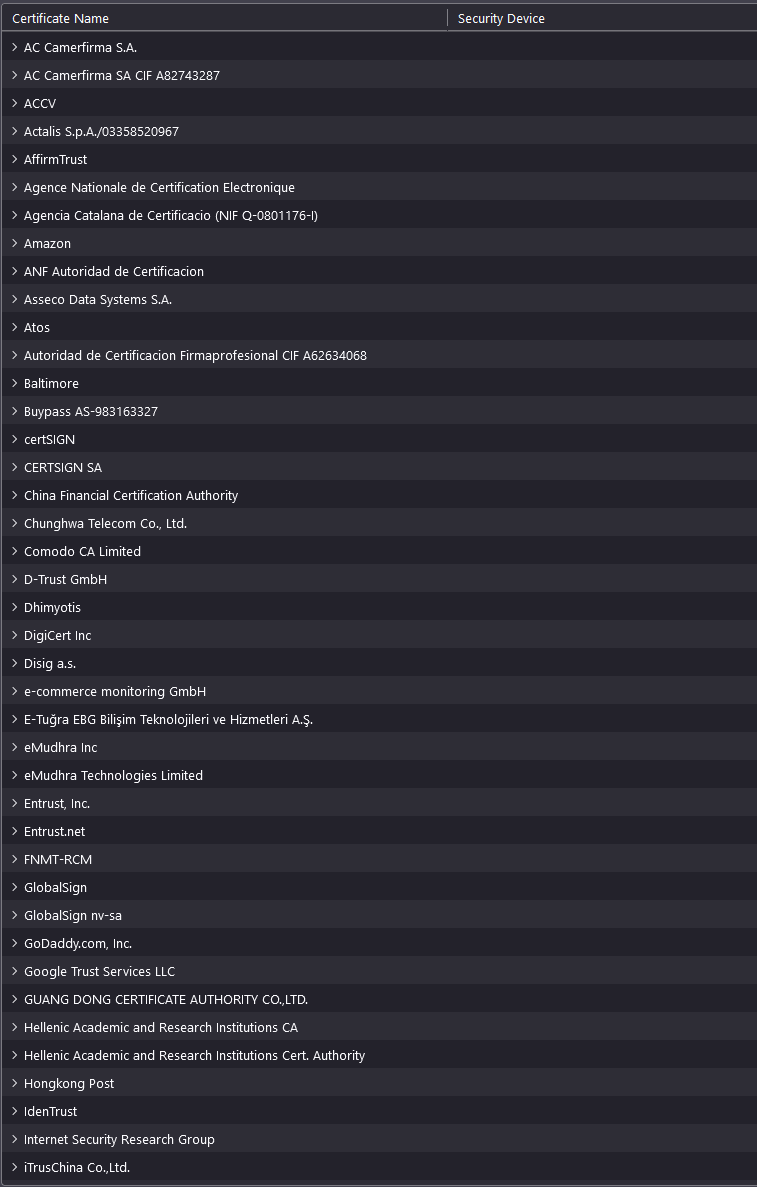Hi,
If you don't know how work the chain of trust for the httpS
You might want to watch this video
https://invidious.privacydev.net/watch?v=qXLD2UHq2vk
( if you know a better one I'm all ears )
So in my point of view this system have some huge concerns !
- You need to relies to a preinstalled store certificate in your system or browser...
Yeah but do you know those peoples ??!! it might seem weird, but actually you should TRUST people that YOU TRUST/KNOW !!
Here an extract from the certificate store om Firefox on Windows.

I do not know ( personally ) any of those COMMERCIAL company !
- Of course we could use Self-certificate but this is not protecting against Man-in-the-middle_attack . Instead of using a chain (so few 3th party involved , so increasing the attack surface ! ) why not using something simpler !? like for example
- a DNS record that hold the HASH of the public key of the certificate of the website !
- a decentralized or federated system where the browser could check those hash ?
Really I don't understand why we are still using a chain of trust that is
- not trusted
- increase the surface of attack
- super complex compare to my proposals ?
Cheers,
Why I don't use the term SSL
Because actually httpS now use TLS not anymore ssl
https://en.wikipedia.org/wiki/Transport_Layer_Security

It would basically be mutually assured destruction if one of these trusted root certificates would hand out false certificates. If evidence comes to light that a Root Certificate Authority creates false certificates or can't be trusted somehow, they get delisted. For example, look up "TrustCor" - they were too closely tied to US intelligence that everyone (Mozilla, Microsoft, Google, Apple) removed them as trusted CAs
How are you getting that record safely, over the internet? There's DNS cache poisoning and other attack vectors on DNS related services that would still let you MITM https.
Systems that rely on you to go on the internet to check if the internet is safe can just as well be compromised. How do you ensure the "internet based trust lookup" can be trusted?
So maybe the solution relies trough a blockchain ?
or something that from scratch mind privacy, and decentralization ? Like TOR
I don't really see how that would help - but maybe you can elaborate how a blockchain solution would help?